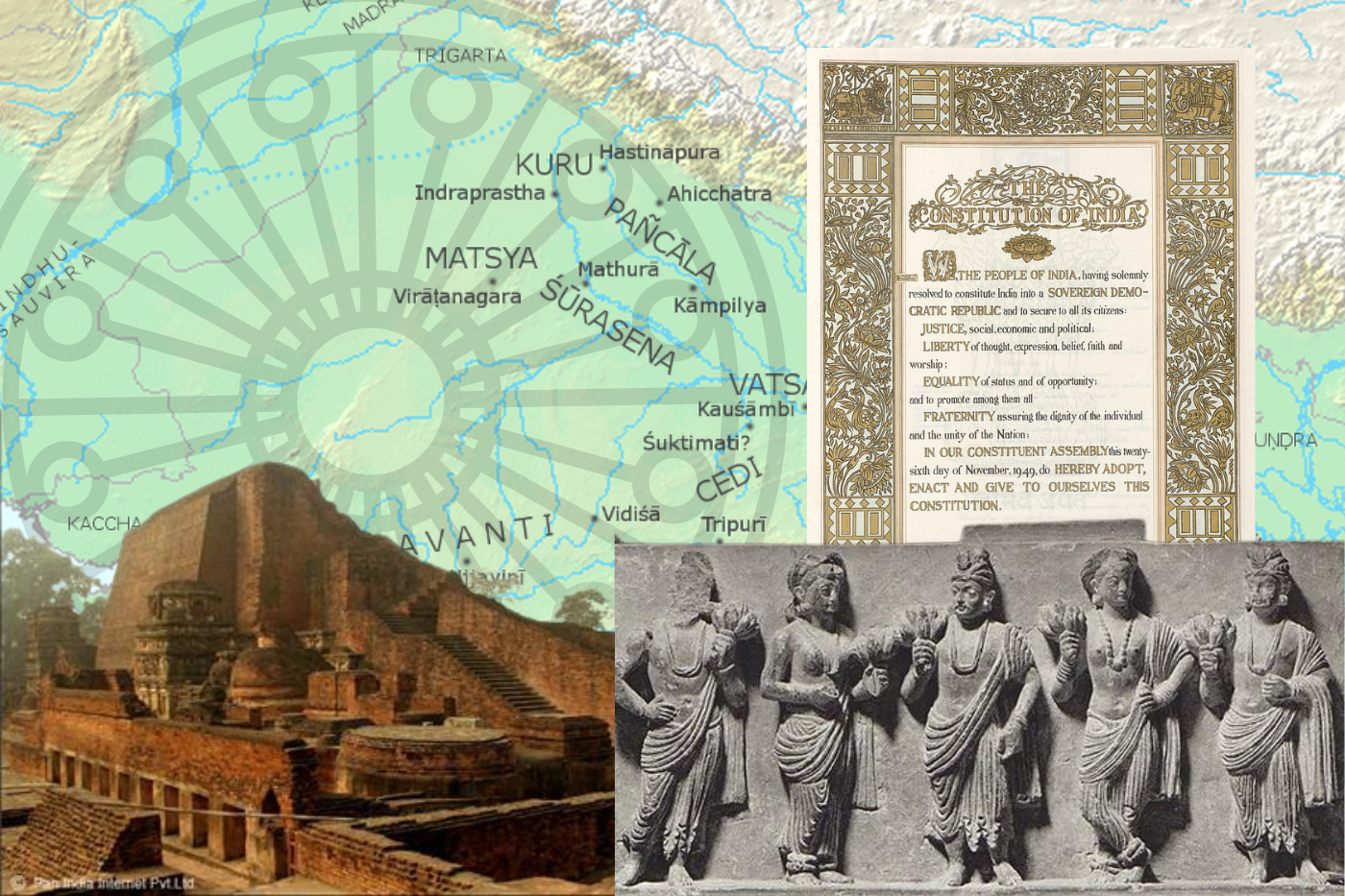
- Home
- About
- Knowledge Center
- Legislative Landscape
- Resources
- #TOGETHERFORBHARA
In the annals of political philosophy, few concepts resonate as profoundly as popular sovereignty and democracy. These principles, rooted in the idea that power emanates from the people and is exercised through elected representatives, form the bedrock of modern governance. Nowhere is this more evident than in the vibrant democracy of India.
From the ancient civilizations of the Vedic era to the modern republic enshrined in the Indian Constitution, democracy has been an enduring tradition in India’s tapestry. It finds its roots in the sabha, samiti, and sansad of yore, echoing the voices of the masses in governance structures that predate recorded history.
But democracy in India is not merely a relic of the past; it is a living, breathing entity that has evolved and adapted to the challenges of the present. Despite the vast diversity of its populace, India has managed to foster a sense of unity through the shared commitment to democratic ideals.
The journey of Indian democracy is marked by milestones of progress and inclusivity. From the historic first general elections, where millions of illiterate citizens exercised their franchise, to the unprecedented voter turnout witnessed in recent years, India’s electoral process has been a testament to the resilience of its democratic spirit.
India has witnessed a remarkable transformation characterized by a vibrant democracy and unprecedented strides in development. Multi-party elections, conducted with transparency and integrity, have empowered leaders from diverse backgrounds, fostering inclusivity and representation.
Over the past decade, the government’s unwavering commitment to improving the lives of its citizens has borne fruit. Access to essential services such as healthcare, housing, sanitation, clean water, electricity, and cooking fuel has expanded significantly, bringing tangible benefits to millions across the nation.
India’s remarkable progress in innovation and entrepreneurship is a testament to the government’s vision and dedication. Landmark achievements such as the successful Chandrayaan-3 mission and the burgeoning startup ecosystem highlight India’s prowess on the global stage. Furthermore, India’s emergence as a digital powerhouse underscores its commitment to technological advancement and transparent governance.
Amidst a complex geopolitical landscape, the government’s diplomatic initiatives have strengthened India’s standing on the world stage. By fostering global consensus through initiatives like the G20’s New Delhi Declaration, India has demonstrated its leadership and commitment to addressing pressing global challenges.
As the nation marches forward with confidence and optimism, the current government’s transformative agenda continues to uplift and empower every Indian, paving the way for a brighter and more prosperous future.
Yet, amidst these triumphs, challenges persist. External assessments, often tinged with bias and misinformation, seek to undermine India’s democratic credentials. Allegations of authoritarianism and electoral malpractice are sensationalized, overlooking the robust institutions and mechanisms that uphold the rule of law.
In response to these challenges, India is charting a new course. India is poised to launch its own democracy ratings index—a bold initiative aimed at reclaiming the narrative on democracy and setting global benchmarks on equal footing with the West.
But beyond the realm of politics, the essence of Indian democracy lies in its ability to uplift and empower its citizens. From access to healthcare and education to the burgeoning startup ecosystem and space exploration endeavors, democracy in India is synonymous with progress and opportunity.
As we navigate the complexities of the modern world, India’s democratic odyssey serves as a beacon of hope—a testament to the enduring power of governance by and for the people. In the words of Mahatma Gandhi, “The spirit of democracy cannot be imposed from without. It has to come from within.” And in India, it is alive and thriving, a testament to the indomitable spirit of its people.